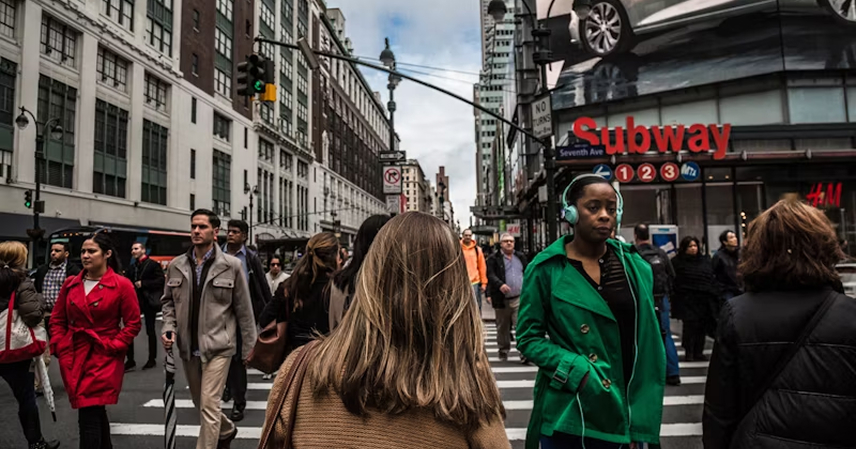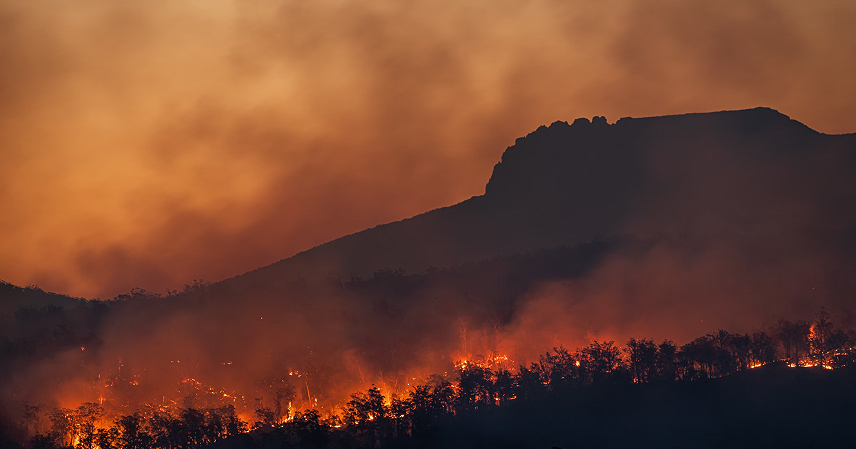The United States Department of Homeland Security has announced plans to significantly shorten the validity periods of visas for international students and foreign journalists, marking a major shift in American immigration policy. Under the proposed rules:
- Student visas (F-1) will be limited to a maximum of four years – a dramatic change from the current policy that allows students to stay for the entire duration of their academic program (which can exceed 5+ years for PhD candidates)
- Journalist visas (I) will be restricted to just 240 days (approximately 8 months), with one possible extension of another 240 days – down from the current 5-year validity many previously received
The DHS justified the changes by stating that past administrations allowed “foreign students and other visa holders to remain in the US virtually indefinitely,” which they claim creates security risks, financial burdens, and potential disadvantages for American citizens. All extensions would now require new applications through U.S. Citizenship and Immigration Services accompanied by additional security screenings.
Why This Matters
• Global Education Impact: Could deter international students from choosing US universities
• Press Freedom Concerns: May hinder foreign journalists’ ability to cover long-term stories
• Security vs. Openness: Reflects ongoing tension between border control and global engagement
Reactions
→ Critics: Higher education groups warn of “unnecessary burdens” and talent drain
→ Supporters: Argue it prevents visa abuse and protects national security
What Next?
→ Public Comment Period: Rule open for feedback before finalization
→ Implementation: Likely 2026 rollout if approved
→ Diplomatic Fallout: Possible reciprocity from affected countries



